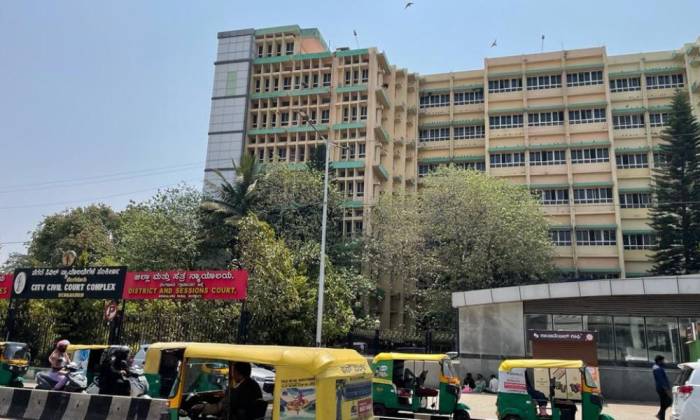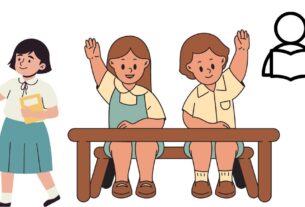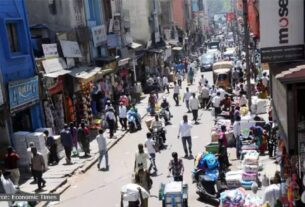India’s free legal aid services lack infrastructure for the disabled.
The lack of trust among those living in rural areas has been making the work of legal aid in Karnataka harder. This can be seen in the case of legal aids like Bhaskar B S who have been trying to provide services under the National Legal Services Authority (NALSA).
The number of legal aids and panel advocates available to provide legal aid to the citizens under the Legal Services Authorities Act, 1987 in Karnataka are not sufficient for the state. The data provided by the Karnataka State Legal Services Authority showed that in total, there are 2846 panel advocates for the state of Karnataka.
Free Legal aid provided under the National Legal Services Authority (NALSA) includes creating legal awareness by spreading legal literacy through awareness camps, print and digital media and organizing Lok Adalats for settlement of disputes by way of compromise. Lawyers under the NALSA provide free legal aid services to the part of the population that are not able to avail legal services due to financial constraints.
An official source from the Karnataka State Legal Services Authority (KSLSA) department said that there are not enough free legal aid lawyers in Bengaluru. The official added that out of the 124-panel advocates listed under KSLSA, only around 50 are working. “Many also drop the case in between as they are not given their salary,” the official said.
Another issue faced by the legal aids is the lack of participation of the District Legal Services Authority (DLSA). “They do not come to the field. We have to work alone,” said Bhaskar. The legal aids who are working under KSLSA said that they continuously have to ask the authorities to come forward and provide support to the aids. “We have to write letters three to four times before anything happens,” said Bhaskar.
The Commonwealth Human Rights Initiative’s (CHRI) report showed that the funding by India is the lowest for free legal aid services, less than a rupee per capita.
Shreyas N, Panel Advocate, High Court, Karnataka panel advocate working under the KSLSA said, “It is hard practising. And access to technology is also an issue.” He added that as a free legal aid lawyers, they are supposed to do the administration work as well, such as keeping a diary with all the details apart from providing legal aid. Another advocate, Bhaskar claimed that the work is done manually on paper and thus, after surveying taluks and villages, it is hard to sort the data.
The panel advocates say they have to work extra hours, not allotted to them. “My duty is in the morning but I have to work in the hours not allotted to me. There are not enough lawyers.”
The NALSA also lacks infrastructure for the advocates as well as for clients. “One room is available to all and it is not comfortable to talk to their clients,” said Shreyas. He added that there should be bifurcations. “There should be areas where the legal aid can talk to their clients,” said Shreyas.
As a blind person, Shreyas started Samatva Centre for Social Causeto provides legal help to the blind. “We cater to the vulnerable section on disability. The main focus is on the blind as I try to help people who are facing issues similar to mine.” Getting universal access to legal aid is difficult in India.
Legal Services Authorities Act, 1987 was enacted across the country to provide ‘free and competent legal services’ to the weaker section of society.









